Bengali Women's Dragon .
"The Dragon in Bengali Muslim Women's Hearts"
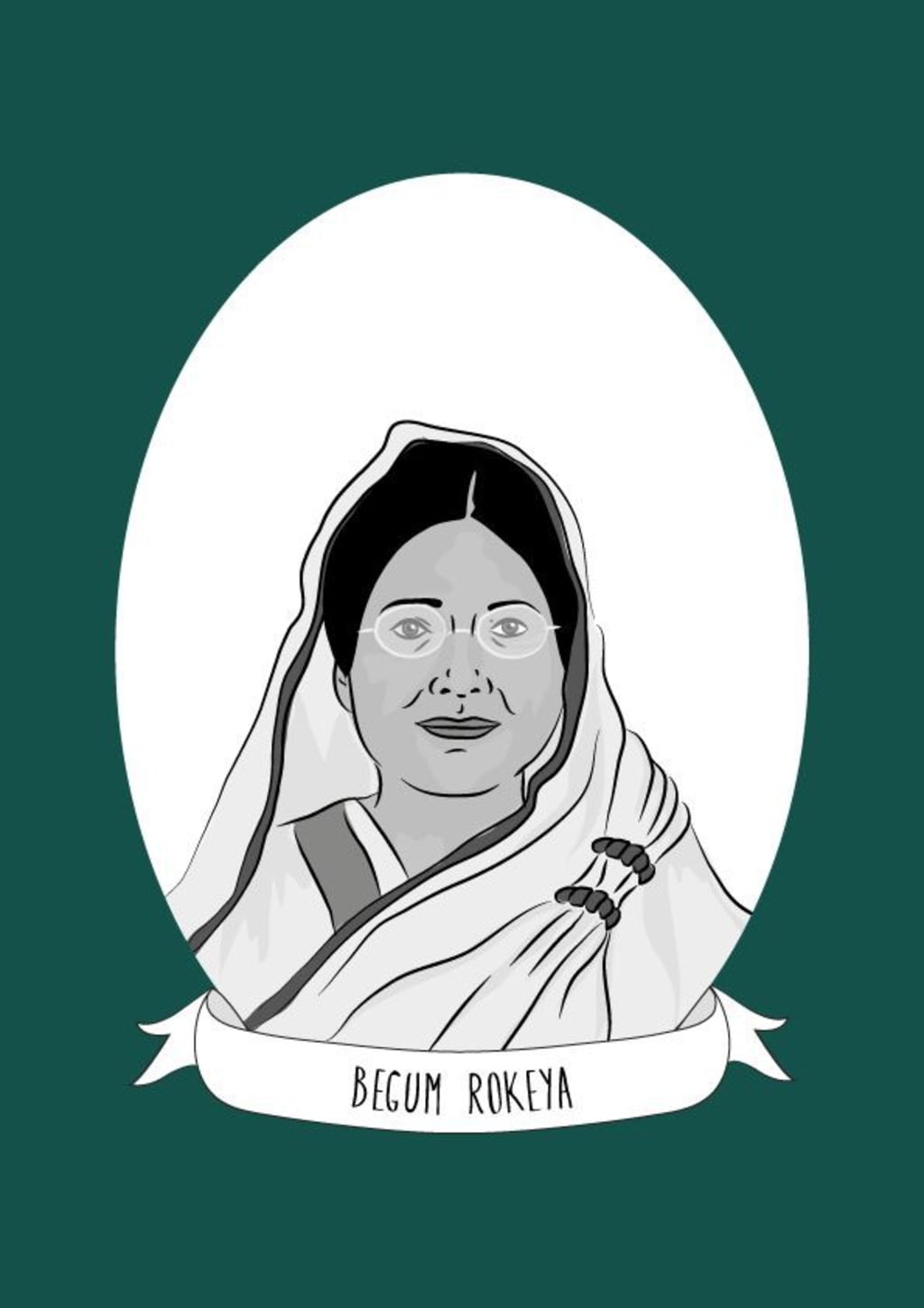
Ladies are as yet being denied of different freedoms like they can't offer their viewpoints and sentiments ,now and again they face physical and mental badgering or torment, and ladies are denied of training and because of absence of instruction they lose different sorts of open positions and they feel rejected from the general public.
As we probably are aware sufficient training is a vital piece of human existence. Training gives significance to our lives. Since an informed society can pursue all around informed decisions in its social, political and financial government assistance. Without schooling society stays in reverse. Through all inclusive admittance to schooling, society can advance quickly and peacefully.And on the off chance that every one of the offices are given exclusively to men, the general public will be half instructed and a big part of the general public will stay uninformed and on the off chance that portion of the general public remaining parts uninformed, how could a general public be called an informed society since society is made with all kinds of people.
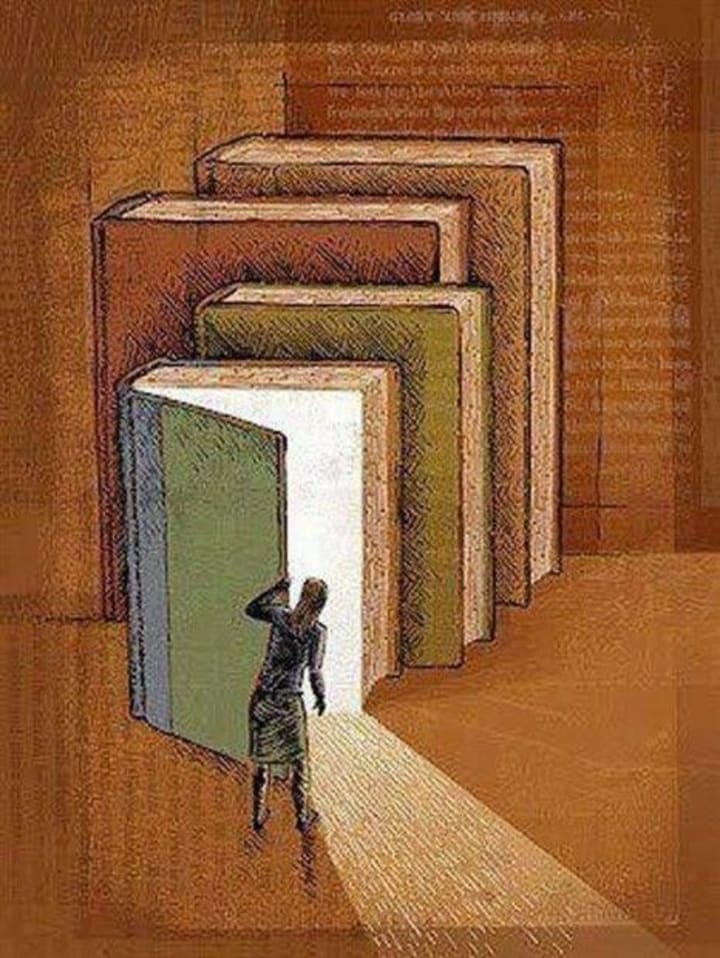
What's more, Begum Rokeya was the main lady who talked about ladies' freedoms of schooling for the muslim ladies of Bangladesh. She was the main cognizant lady. What's more, in light of her mindfulness numerous Bengali Muslim ladies are presently mindful of their future. What's more, Begum Rokeya will always stay everlasting in the hearts of each and every Bengali Muslim lady.
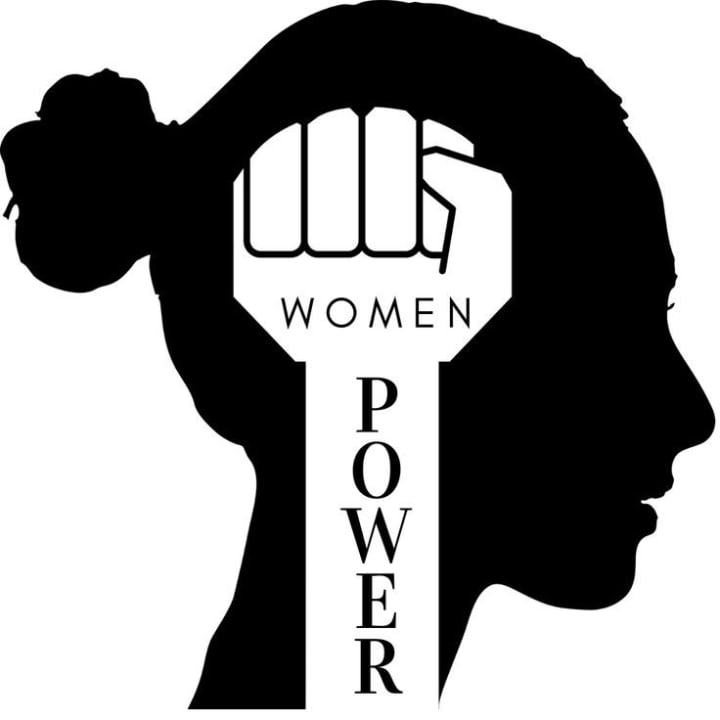
Now let's see who is Begum Rokeya:
Rokeya Sakhawat Hossain known as Begum Rokeya was brought into the world on 9 December 1880 in a town called Pairaband in Rangpur. As it turns out, she passed on 52 years after the fact around the same time that's mean she kicked the bucket on 9 December 1932 in Calcutta, Bengal Administration, English India, presently West Bengal, India.
She was a supporter of ladies' privileges in the Indian subcontinent during the English rule.Through her force of backing ,she opposed every one of the hindrances set by a general public that kept ladies from chasing after their dreams.Also through her works, she raised her voice against difficulties and imagined for the opportunity of Bengali Muslim ladies when it was outside the realm of possibilities for anybody to try and think about it. She shows how the misconseption of Islam and the well established paterfamilias mindset in the public arena keeps ladies behind the entryways and denies them of their freedoms.
She had a fretful interest in schooling yet kept up with the severe Islamic code of pardah (cover) for the ladies of the family. Along these lines, she was denied of training despite the fact that his siblings got the valuable chance to concentrate on in school. Rokeya and her senior sister Karimunnessa were eager on learning Bengali and English. Their senior sibling Ibrahim showed them both English and Bengali around evening time, when every other person was asleep,so that nobody suspects.
She got hitched at an early age and had an enormous age distinction with her significant other, Khan Bahadur Sakhawat Hossain, then the representative justice of Bhagalpur.But he upheld ladies' schooling and assisted his better half with working on her Bengali and English abilities. Bit by bit, she dominated two dialects.
The job of these two men in her day to day existence was vital and should be perceived, so the men of today grasp the significance of their own job in changing the existences of ladies in our general public.
She generally accepted that ladies were abandoned because of obliviousness of their own freedoms as well as expectations. In 1909, not long after the passing of her significant other, she laid out Sakhawat Dedication Young ladies' School, the primary school for Muslim ladies in the locale, with five understudies. She went house to house, attempting to persuade Muslim families to permit their little girls to go to class.
She was the principal lady locally to represent orientation balance. She said, "We [women] are half of the general public, how might the general public push ahead assuming we abandoned?" She understood that absence of schooling and low degrees of proficiency restricted open doors and for the most part subverted the certainty expected to enter public life, whether at the town, local area or public level.
In 1916, she established the Anjuman-e-Khawatin-e-Islam (Muslim Ladies' General public), an association that was at the very front of the battle for ladies' schooling and business. Its individuals upheld for ladies' lawful and political freedoms, supported ladies' participation at schools, gave safe house to vagrants, and gave legitimate and monetary help to widows.
She composed three books on ladies' privileges named Sultana's Dream ,Abarodhbasini, and Padmarag. Among these three books, Sultana's Fantasy is the most loved novel of all young ladies and ladies. As a matter of fact, subsequent to perusing this novel, all young ladies' and ladies' dreams become sultana's dream .
In 1905, she composed The Sultana's Dream, one of the principal picture of women's activist heaven. In this, she depends on job inversions to show society what ladies are equipped for whenever offered the chance.
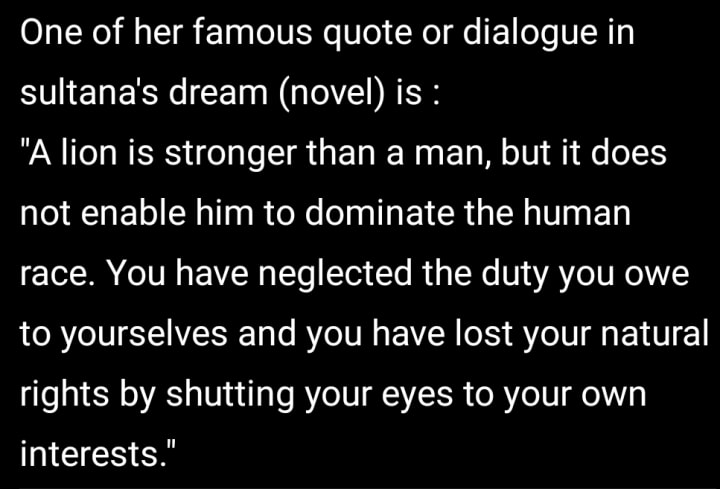
In Abrodhbasini, she uncovered the extraordinarily of society, and in Padmarag, ladies are seen gathering the fortitude to change a great deal by becoming taught and monetarily free.
Begum Rokeya stayed dynamic in her composition, activism and social assistance work till her last days. Her authority extraordinarily affected the existences of ladies in the mid twentieth hundred years. Indeed, even today her words and messages are pertinent. She showed premonition, resistance and liberality, which can in any case rouse ladies to follow their fantasies in spite of narrow mindedness and separation. She keeps on being an unmistakable figure in the ladies' development, tutoring numerous ladies chiefs.
For her incredible works and battles, Begum Rokeya is a mythical serpent for every single Bengali Muslim. Furthermore, for Begum Rokeya we as a whole Bengalis muslims view ourselves as courageous as mythical serpent.



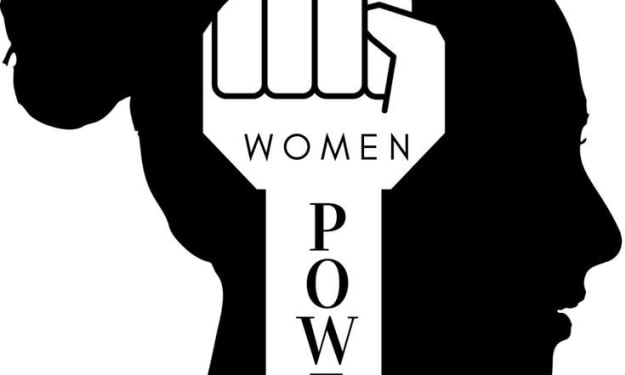



Comments (2)
Wao, too stunning
Hey Samiha, this would be more suitable to be posted in the Viva community 😊